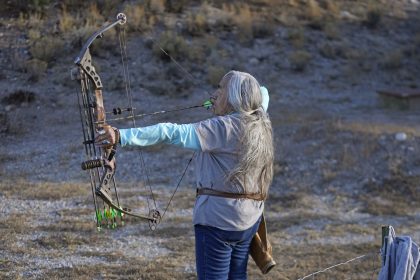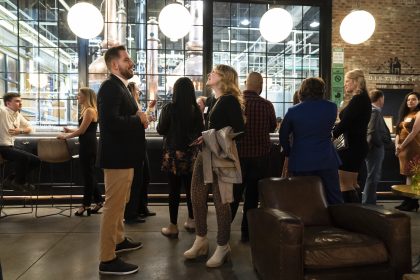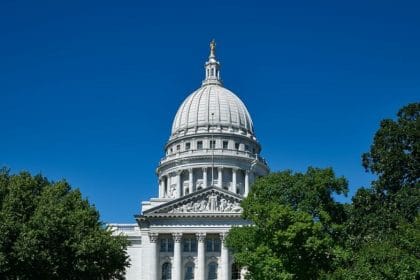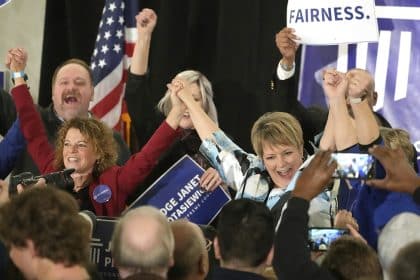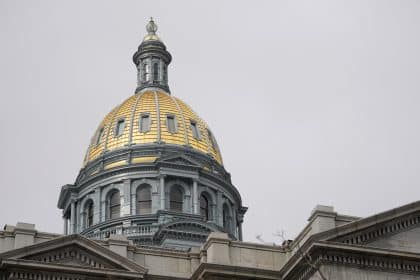Pennsylvania Suspends Alcohol Sales at Bars, Restaurants on Thanksgiving Eve
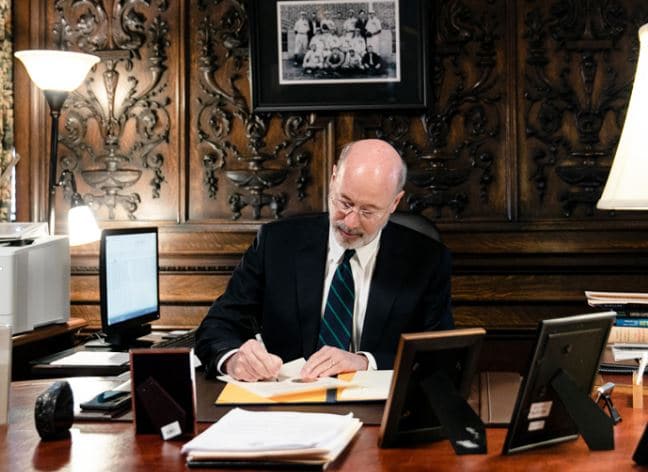
HARRISBURG, Pa. – It wasn’t the kind of breaking news one expected while scanning Pennsylvania’s all news radio stations for word on the state certifying the 2020 election results.
“Now back to our top story,” one news anchor after another said over the course of the afternoon.
“Pennsylvania is suspending alcohol sales at bars and restaurants and private catered events on ‘Black Out Wednesday,'” they said.
Wait, what?
Sometimes one gets the feeling one has lived in a cave.
“Did they say ‘Black out Wednesday?'”
Ostensibly, the directive is intended to arrest the spread of the coronavirus, with new modeling suggesting that Pennsylvania could see as many as 22,000 new cases a day come December.
Among a lengthy list of new mitigation measures announced by Gov. Tom Wolf and Health Secretary Rachel Levine, alcohol sales for on-site consumption at bars, restaurants and private catering events must end at 5 p.m. tonight, while takeout and dining will be allowed to continue.
The suspension of alcohol sales will last until 8 a.m. Thursday.
“As our hospitals and health care system are facing greater strain, we need to redouble our efforts to keep people safe,” Wolf said.
“If our health care system is compromised, it isn’t only COVID-19 patients who will suffer. If we run out of hospital beds, or if hospital staff are overworked to the breaking point, care will suffer for every patient – including those who need emergency care for illnesses, accidents, or chronic conditions unrelated to COVID-19,” he added.
Levine said officials are also stepping up enforcement of coronavirus-related regulations.
“Issuing citations and fines, and possible regulatory actions for repeat offenders,” she said.
She said a stay-at-home advisory — not an order — is in effect, hoping to send the message that people shouldn’t go out unless it is absolutely essential.
The average daily case count in Pennsylvania is currently seven times higher than it was two months ago, and Wolf warned that “Pennsylvania will run out of intensive care beds in December if we do nothing.”
All of this is, of course, laudable. And yet one couldn’t get the phrase chosen by newscasters, “Blackout Wednesday,” out of one’s head.
What is this? And where did it come from?
Turns out lots of people know that the day before Thanksgiving has historically been one of the biggest nights of year for bars and restaurants.
In fact, many bar and restaurant owners in communities without alcohol restrictions in place are hoping it helps them make up at least some of the coronavirus-related losses they’ve experienced this year.
In a statement, Chuck Moran, executive director of the Pennsylvania Licensed Beverage and Tavern Association, said the governor and secretary of state’s announcement came as no surprise and that he told members to expect such temporary shutdowns until there is wide distribution of vaccines.
“We understand that the COVID case numbers are increasing, and once again, our industry understands that it is being asked to sacrifice in order to play a role in saving the lives of Pennsylvanians,” Moran said.
“But what we don’t get is why there has been no significant financial help to assist our small business taverns and licensed restaurants survive. As this crisis continues, more small businesses are closing while their employees lose jobs,” he said. “Help is needed now, not later. Many small businesses cannot sustain continued targeted mitigation without help from either the federal or state government.”
Though there is no hard evidence to back up claims that the Wednesday before Thanksgiving is traditionally the biggest drinking night of the year, the assumption that it is appears to have grown organically.
Why is this so?
For one thing, most Americans have Thursday, Thanksgiving, off, and the holiday isn’t tied to any particular religion or specific culture.
Then there’s the fact that on Thanksgiving Eve most of the cooks in families across the nation are already anticipating the efforts of preparing the big meal the next day, and see Wednesday as a night off from the kitchen.
The other factor, though one that will be tested by the coronavirus this year is that people normally travel home for the holiday and while they are likely to be with close family on Thanksgiving, they see the night before as a time to see old friends.
According to MADD or Mothers Against Drunk Driving, the annual event most commonly known as “Blackout Wednesday,” but also called “Drinksgiving” and “Whiskey Wednesday,” has existed for decades, but was only named about a decade ago.
The moniker, the organization says on its website, is used “to describe a spike in alcohol sales and an increase in the number of people heading out to reconnect with friends home for the holiday. It is a night when heavy drinking is highlighted – and even encouraged, according to the National Highway Traffic Safety Administration.
“As a result, drunk-driving-related crashes increase,” the group says on its website. “And ‘Blackout Wednesday’ is just the start of the holiday season that sees an uptick in drunk driving deaths every year.”
Becky Iannotta, director of communications in the national office of Mothers Against Drunk Driving, said in an email to The Well News that though the organization did not put out a formal statement on Blackout Wednesday this year, “We do encourage everyone to plan ahead every time their plans include alcohol.
“The holidays can be an especially dangerous time with more people on the roads and more activities that might include alcohol,” she said. “We appreciate law enforcement efforts to be on the lookout for impaired drivers tonight and throughout the Thanksgiving weekend, as more people will likely be on the roads bringing an increased risk of drunk and drugged driving.”
















